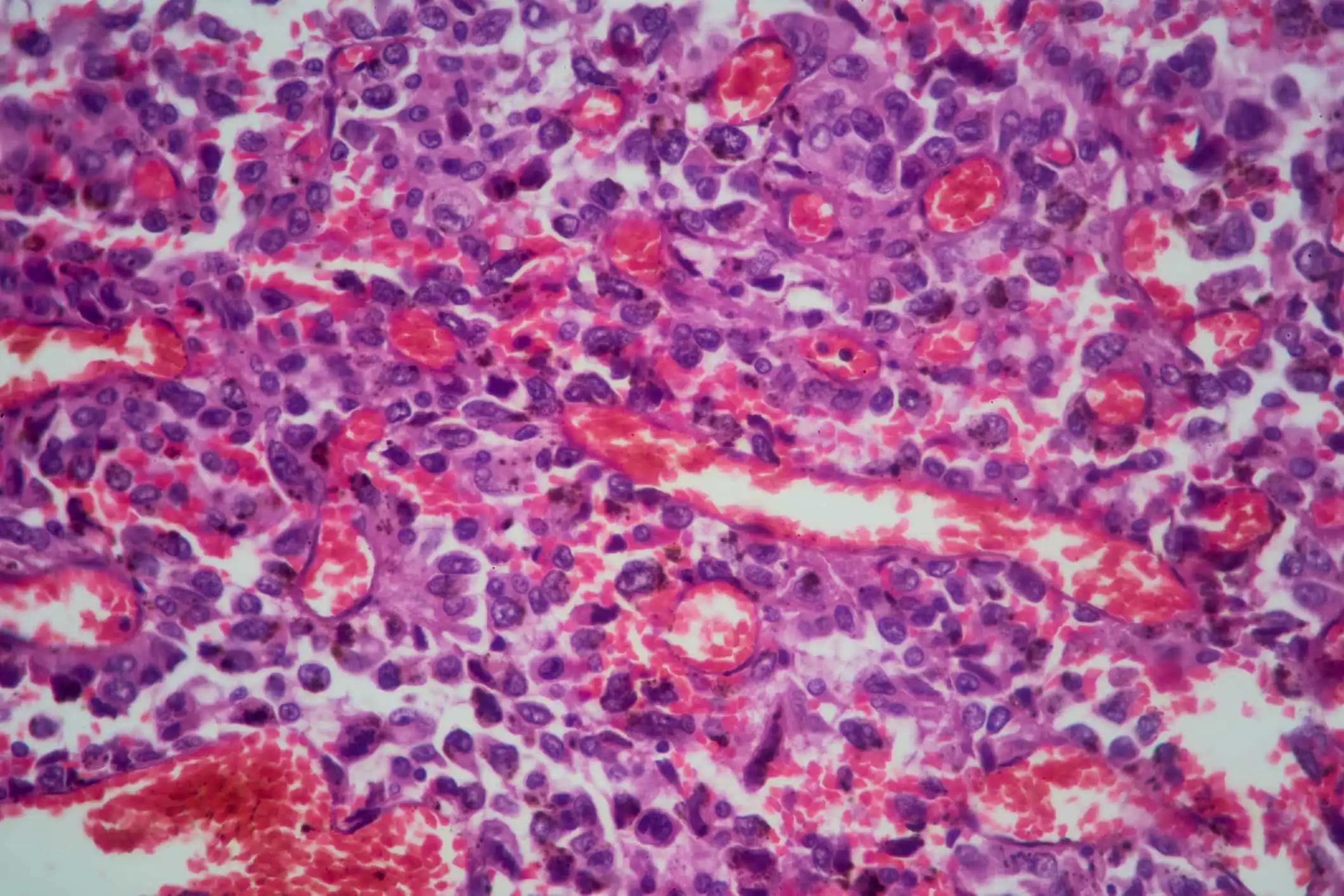KEY TAKEAWAYS
- This early phase 1 study assessed the impact of ctDNA during NAT in tracking treatment responses in early breast cancer patients.
- The trial’s findings suggested that ctDNA dynamics might offer key insights into individual patient outcomes.
In this study, plasma samples (n=178) from 34 patients (pts) with early breast cancer (stages II-III) were proactively examined using a specialized ctDNA test (SignateraTM bespoke mPCR-NGS). All pts underwent standard neoadjuvant therapy, including anthracycline and taxane. Blood samples were taken during diagnosis during treatment every 3 weeks, with an average of 6 samples (ranging from 1-10). The ctDNA results were then matched with clinical and pathological data.
Initially, ctDNA was found in 85% (29/34) of pts. Notably, 95% (18/19) of those with triple-negative breast cancer and 73% (11/15) with HER2+ disease showed ctDNA at the start. 78% (18/23) of pts with T1-2 stage and 100% (11/11) with T3-4 stage had detectable ctDNA. At the start, 75% (15/20) of pts with low or medium-grade disease had visible ctDNA, while all high-grade cases were ctDNA positive. Of the 19 evaluated post-surgery, 9 who had multiple samples taken reached a pathological complete response (pCR). All 9 had positive ctDNA initially, but 67% (6/9) tested negative after the first treatment cycle. Among those still having some disease (stages pT1c-T3), 50% (2/4) stayed ctDNA positive after the first treatment phase. Notably, one patient with inflammatory breast cancer still had ctDNA even after achieving pCR and after their final surgery. Due to concerning ctDNA results and the high-risk nature of the disease, this patient began ado-trastuzumab supplementary treatment. The connection between ctDNA changes and patient outcomes will be detailed.
This research showcased the potential of using ctDNA tests in early-stage breast cancer pts undergoing neoadjuvant therapy. Monitoring ctDNA throughout this treatment can offer real-time assessment of treatment effectiveness, resistance, and pCR prediction.
Clinical Trial: https://classic.clinicaltrials.gov/ct2/show/NCT05333874
George, M., Meghal, T., Patel, E., Litvak, A., Jacoby, S., Yin, F., Shah, S., Leitner, S., Cruz, A.L., Toomey, K., Kalashnikova, E., Watters, R., Omene, C., Rodriguez, A.A., Jabbour, S., Ganesan, S., Toppmeyer, D., Liu, M.C. PERSONALIZED CIRCULATING TUMOR DNA (CTDNA) DURING NEOADJUVANT THERAPY (NAT) TO PREDICT RESPONSE IN PATIENTS (PTS) WITH EARLY-STAGE BREAST CANCER (EBC). Annals of Oncology (2023) 8 (1suppl_4): 101220-101220. 10.1016/esmoop/esmoop101220.



